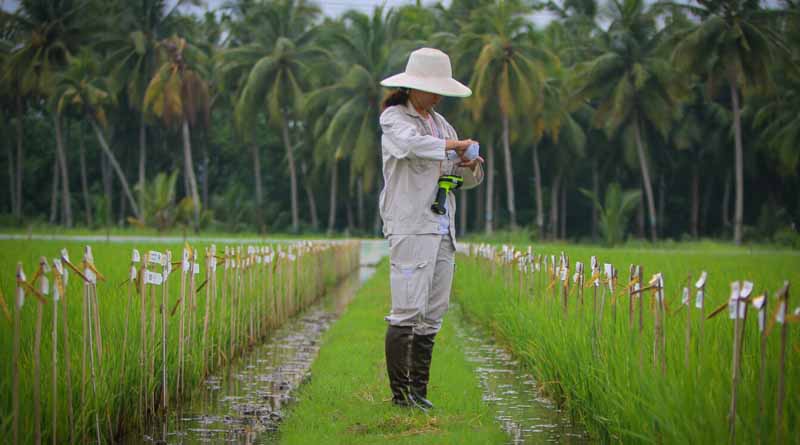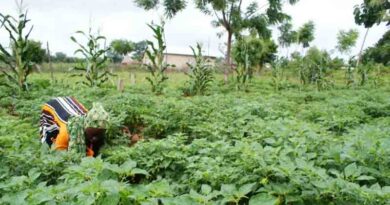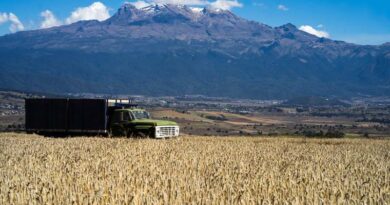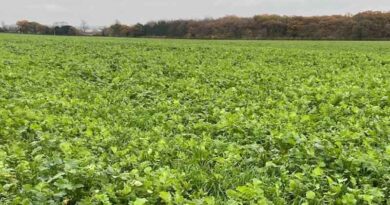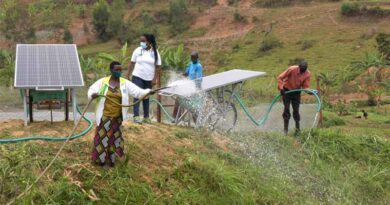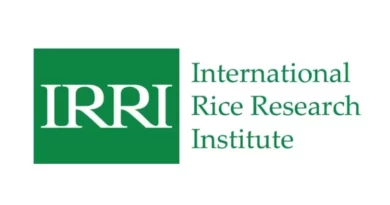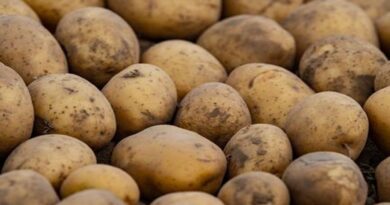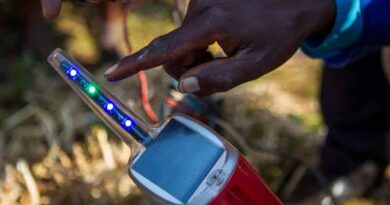Agrifood systems, the next frontier of climate action need science for fair and equitable solutions
By Aditi Mukherji, Director, Climate Change Adaptation and Mitigation Impact Action Platform
30 November 2023, India: On November 17, 2023, the world experienced temperatures surpassing the preindustrial (1850–1900) average by 2°C for the first time. While this single occurrence does not mean that we have already breached this critical point for global warming, it forms part of a pattern for 2023 of record temperatures and extreme weather events. At the same time, multiple reports released this year1 show that our collective efforts to address climate change are falling significantly short of what is needed to keep within the Paris Agreement’s 1.5 to 2°C targets.
There was one notable exception. A recent International Energy Agency (IEA) report shows that decarbonisation is picking up pace in the two sectors – energy and transportation – that are the largest emitters of greenhouse gases. This offers a glimmer of hope for achieving Paris Agreement goals, while the Breakthrough Agenda Report, also by the IEA, provides something of a roadmap about how we achieve decarbonization in other sectors.
Agriculture and food systems are currently responsible for nearly one-third of global greenhouse gas emissions. With progress in decarbonising the energy and transportation sectors, attention will turn to the agrifood sector, making it the new frontier for climate action.
The successful decarbonization of energy and transportation was no happy accident. Solutions in energy and transport took decades of research and investment. Investment in science and innovation is similarly needed to reduce emissions in the agrifood sector. Such investment is crucial for the benefit of the 500 million smallholder farmers, pastoralists, and fisherfolk in low- and middle-income countries. Today they are disproportionately bearing the costs of climate change, but with the right know-how and innovations they can be equipped to produce more and better food with fewer resources while protecting natural resources and biodiversity.
So far, investment in the agrifood sector has fallen short. For example, CGIAR, the world’s largest publicly funded agricultural research organization, has a budget of around one billion dollars a year, smaller than most land grant universities in the United States. Meanwhile, National Agriculture Research and Extension Services (NARES) in some countries in the global South also have significantly smaller budgets compared to their country’s investments in energy, transport or infrastructure sectors.
By contrast, cumulative losses to the economy due to agrifood systems that are not fit for purpose for our climate, health, and environment are in the range of 10 trillion of dollars, as shown in the recent report from the FAO.
How do we account for this underinvestment in decarbonizing agriculture? Unlike energy and transport, where clear strategies like renewable energy or transitioning to low-carbon transport exist (even though implementation and finance barriers remains), the agrifood sector presents unique challenges.
Its vast diversity, spanning massive industrial farms in developed nations to small subsistence plots in the developing world, complicates scalable solutions. Additionally, stringent emissions measures here risk undermining food security for the most vulnerable in regions like Sub-Saharan Africa and South Asia—a dire trade-off that violates the fundamental human right to food. Yet, we urgently need this sector to move towards low emissions pathways, but in ways that do not further harm the interests of the small-scale producers in the Global South.
This is a crucial decade. We are in the run-up to 2030, which is when the SDG (Sustainable Development Goal) target of zero hunger must be met, and we must not breach the safe planetary boundaries and 1.5°C limit. In this context, the agrifood sector will receive more funding to ramp up climate action. As that happens, it is especially important to deliberate what those climate actions needs to be, and how those actions must be supported by scientific evidence.
While the nature of solutions will vary and must be context specific, it is particularly important to focus our research and implementation efforts along the five pathways shown by the Agriculture Breakthrough Report. These are:
- Reduce unsustainable consumption where such consumption has harmful effects on health, climate, and the environment;
- Increase production of sustainable, healthy and nutritious food in low-and-middle income countries without expanding into new lands;
- Reduce damage to soil, water, and biodiversity;
- Reduce emissions, either absolute emissions, or emissions intensity (with the aim to reduce absolute emissions);
- Prioritise the needs and the interests of the small holder producers in the Global South.
Inherent in these pathways are trade-offs and synergies; not every climate solution in this space will be able to meet all the conditions set above. The top research priority will be to guide investments that fulfil as many criteria as possible without further compromising the food and nutrition security of the most vulnerable. That is where the red line must be drawn. This space of providing food and nutrition security without breaching climate and other planetary boundaries is where all our collective research effort needs to go into the remaining years of this decade of climate action.
Staying within a 1.5-2°C world demands comprehensive mitigation actions across all sectors. It is inevitable that the world will shift its attention to the agrifood sector and its role in causing climate change—being severely affected by it, and being one of the best bet solutions for it. The world will start demanding more climate action in this sector. We should welcome that and be ready with evidence-based, fair and equitable solutions.
Also Read: UPL Limited announces incorporation of Advanta Seeds Ltd in South Africa
(For Latest Agriculture News & Updates, follow Krishak Jagat on Google News)

